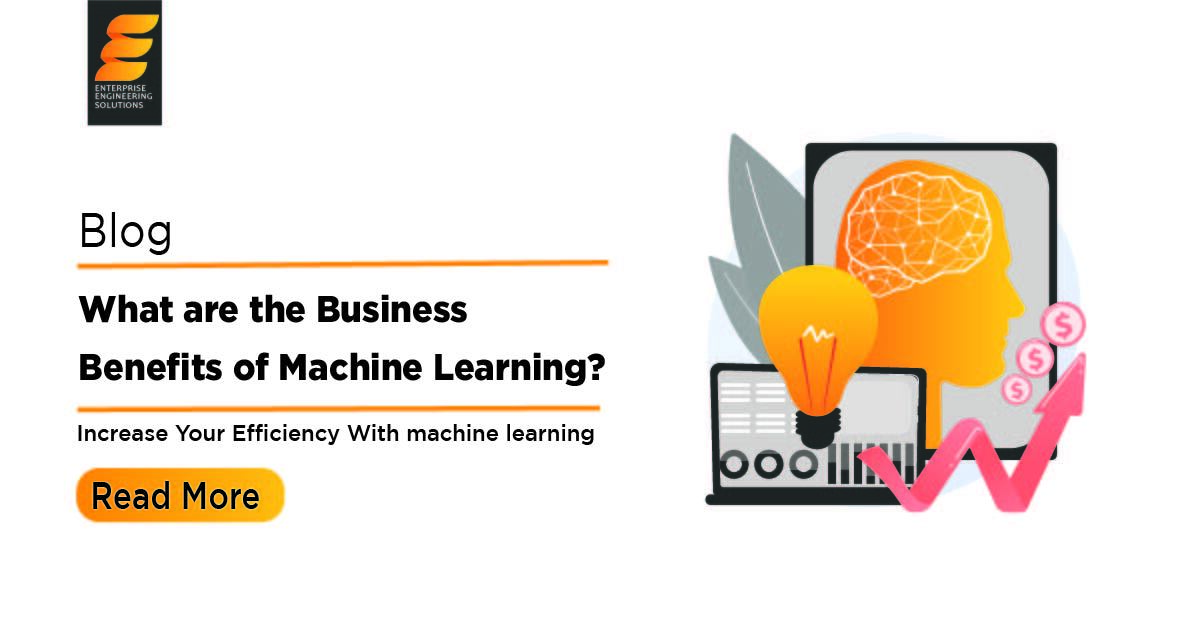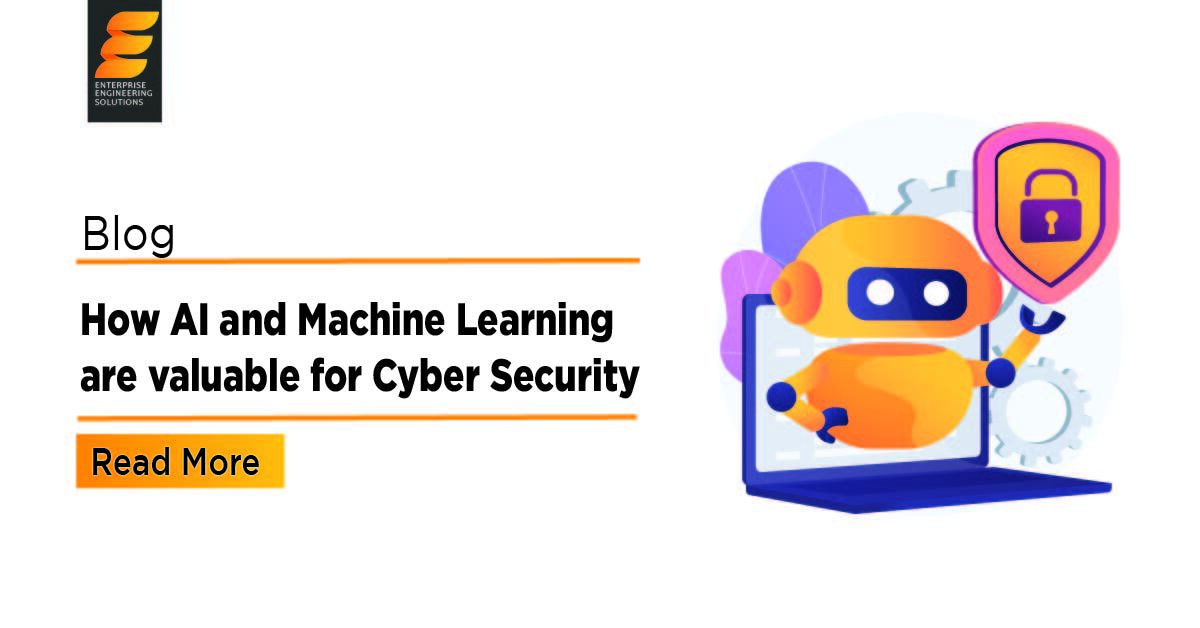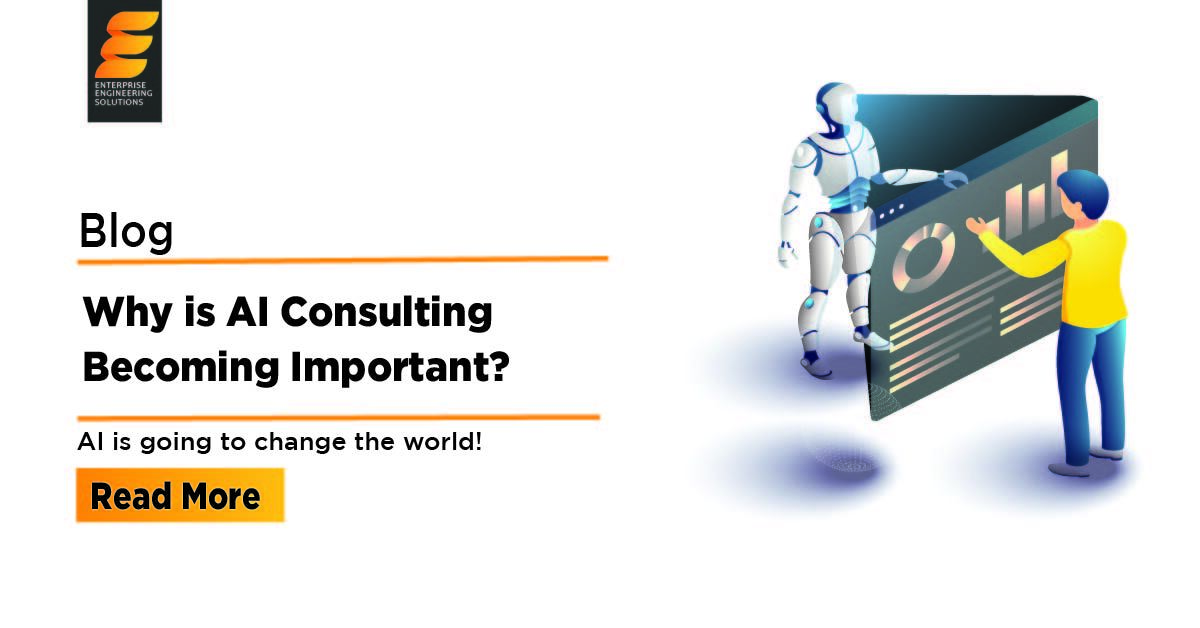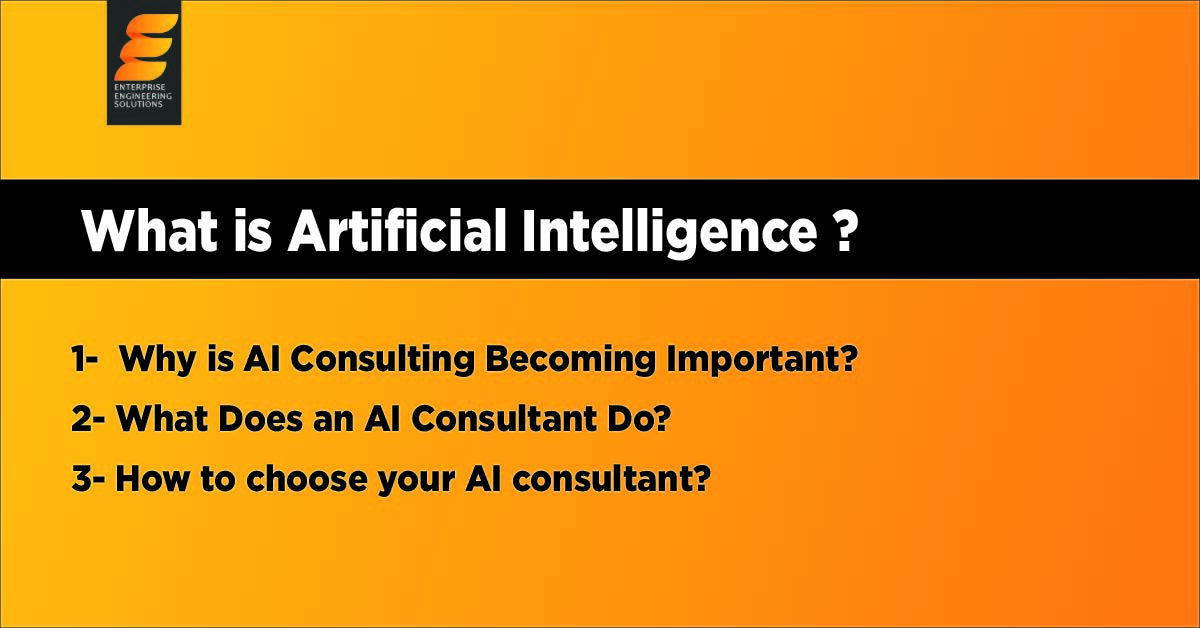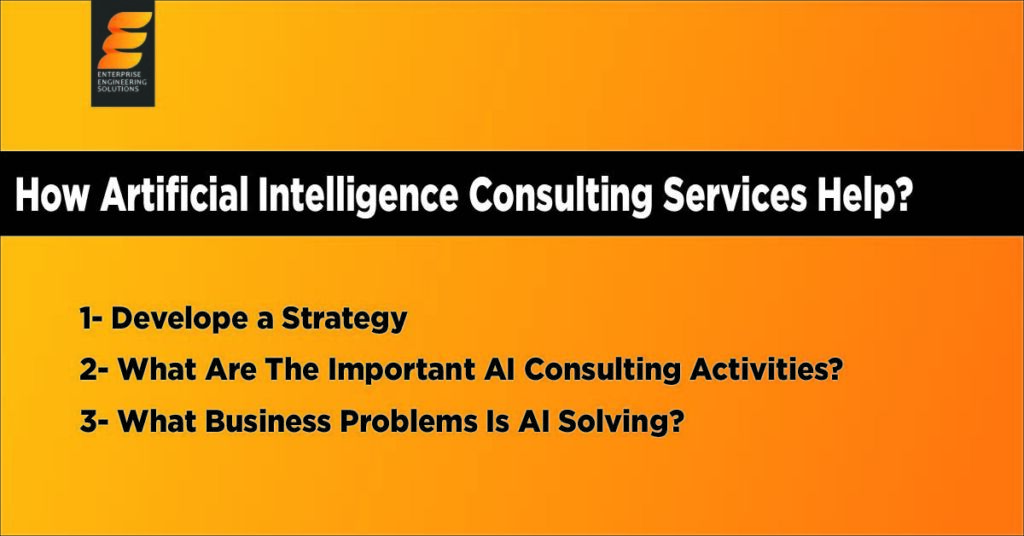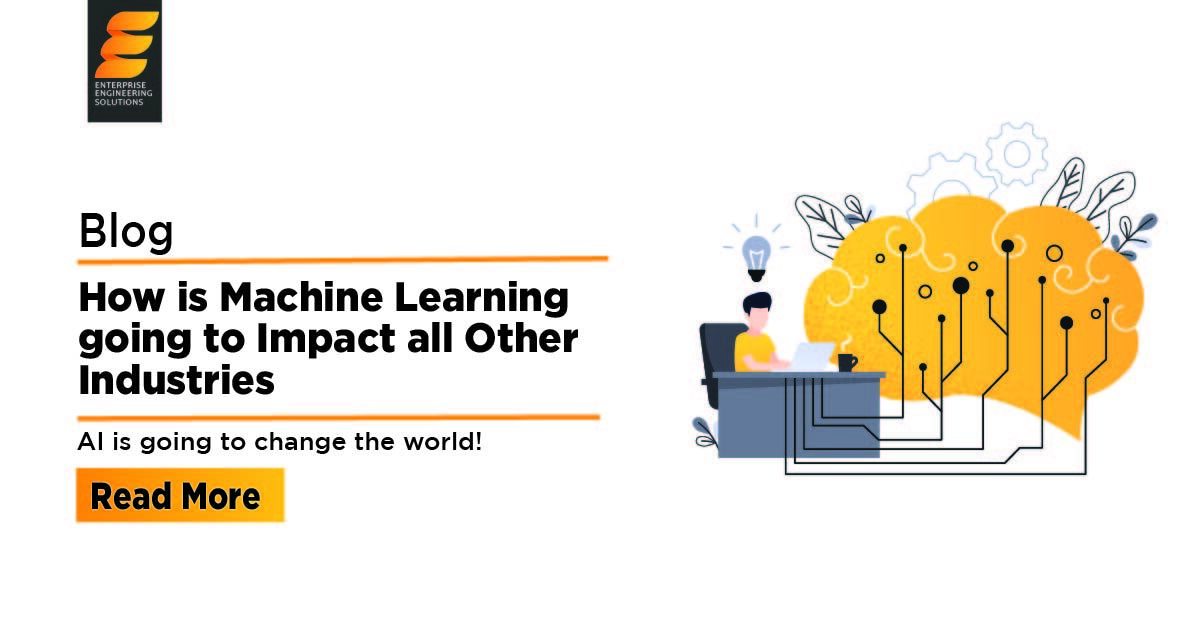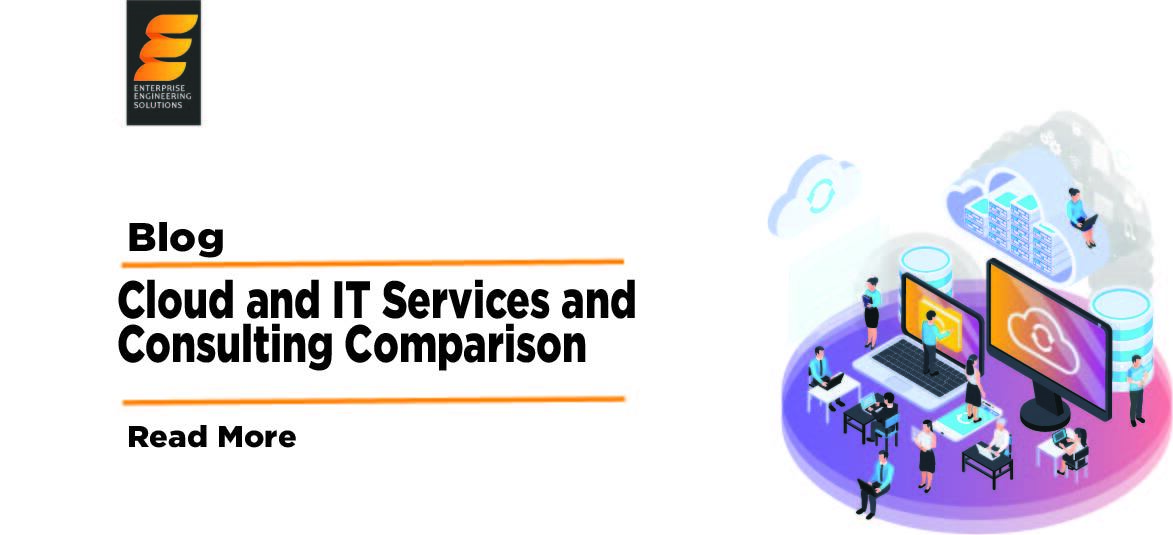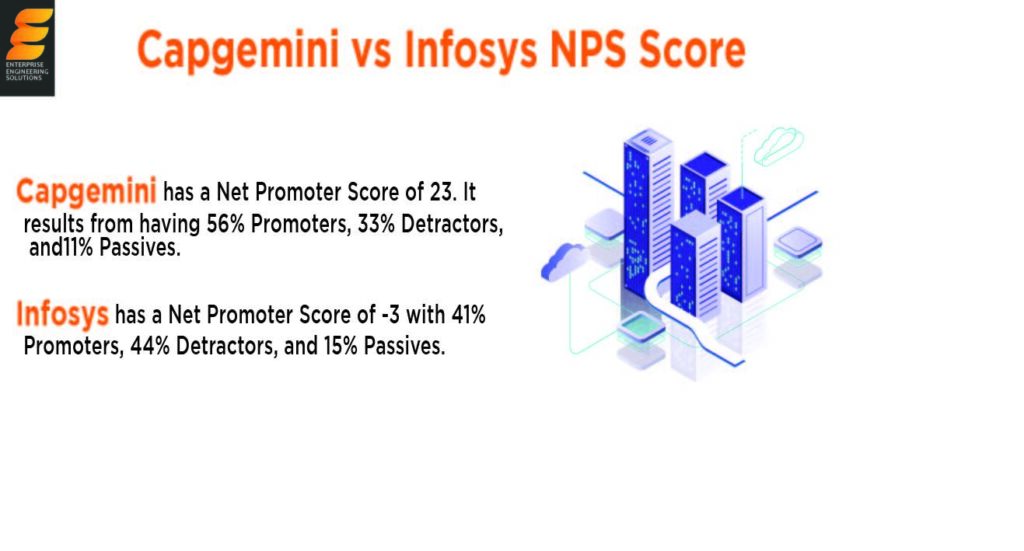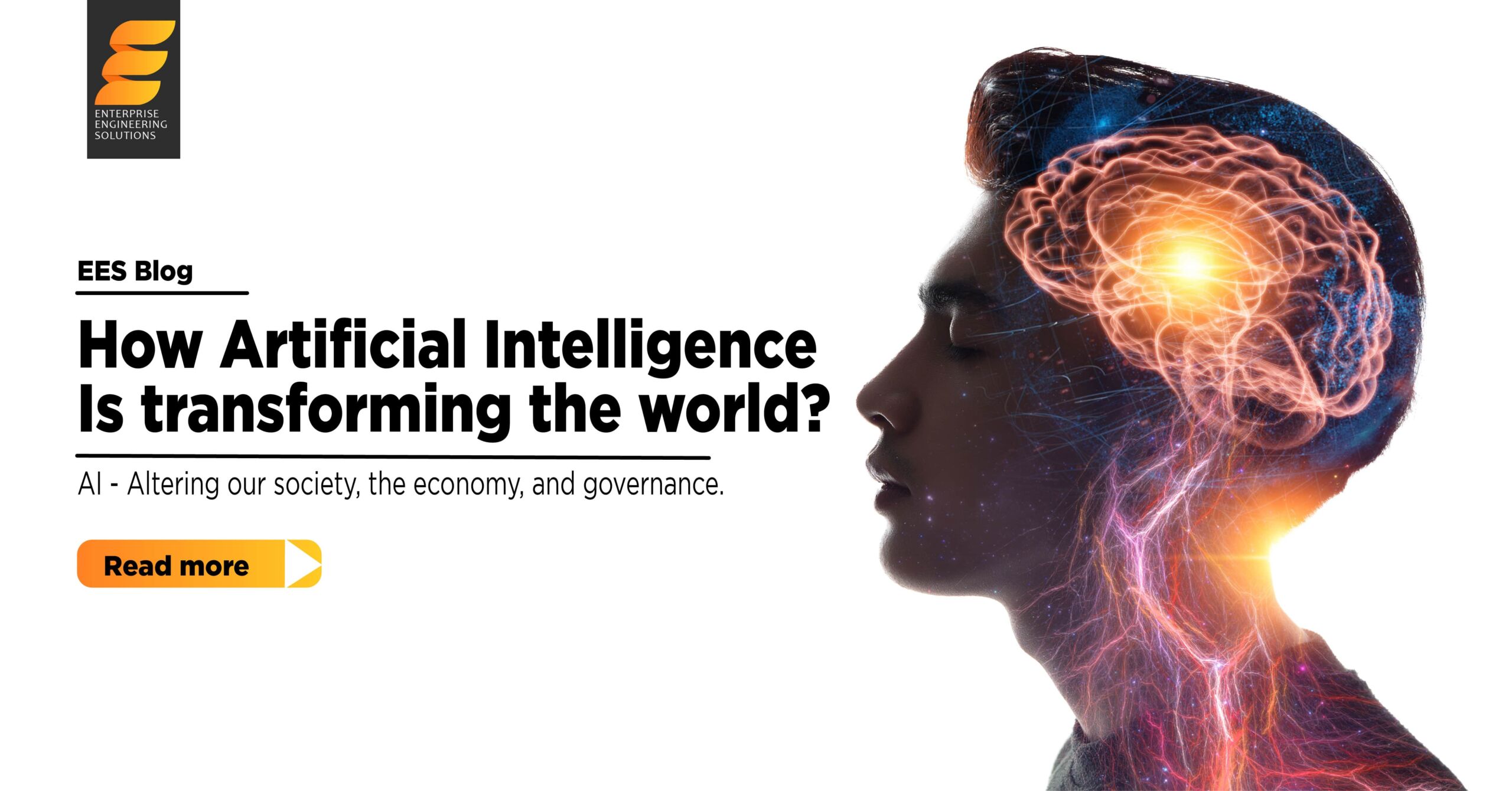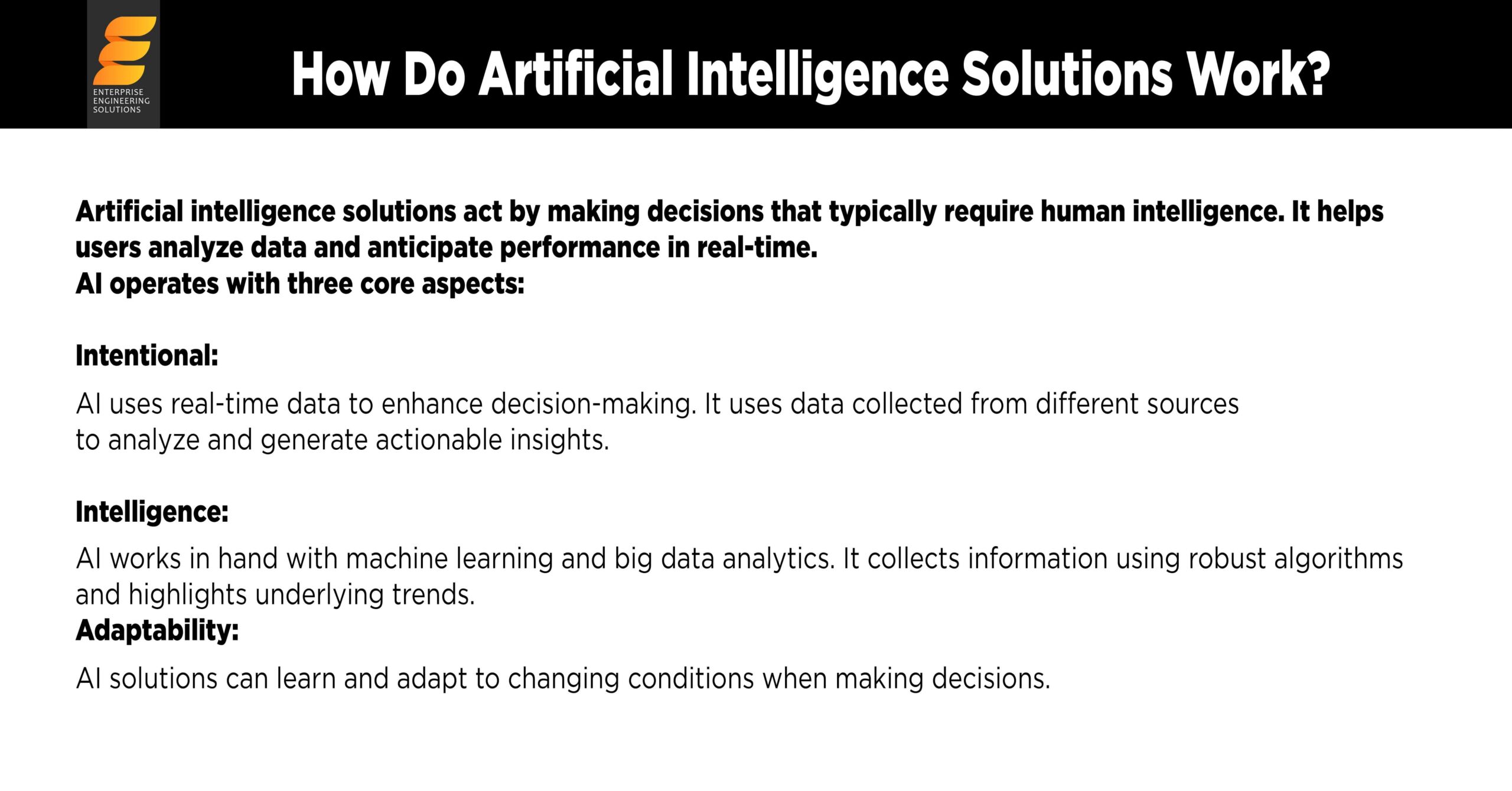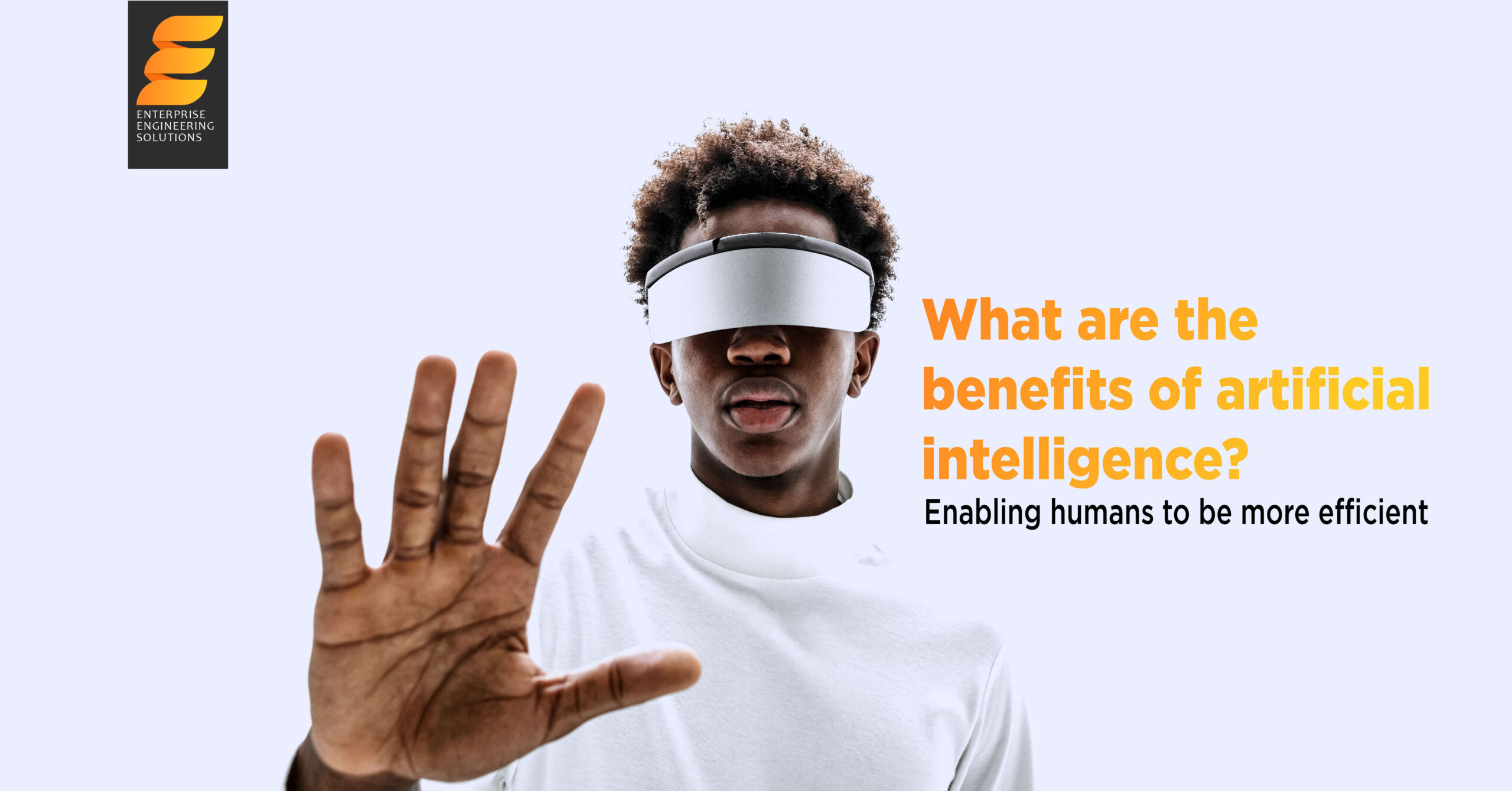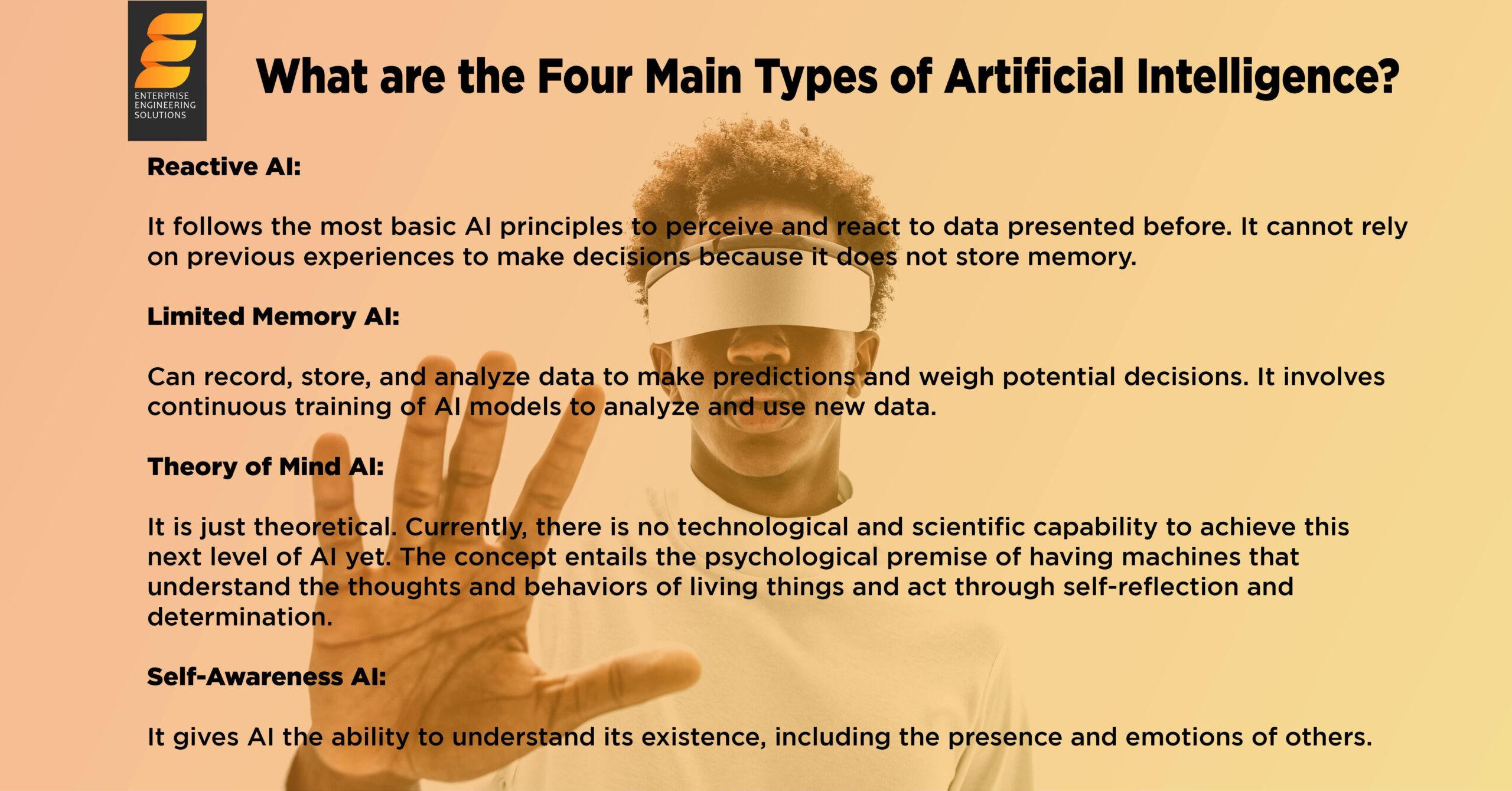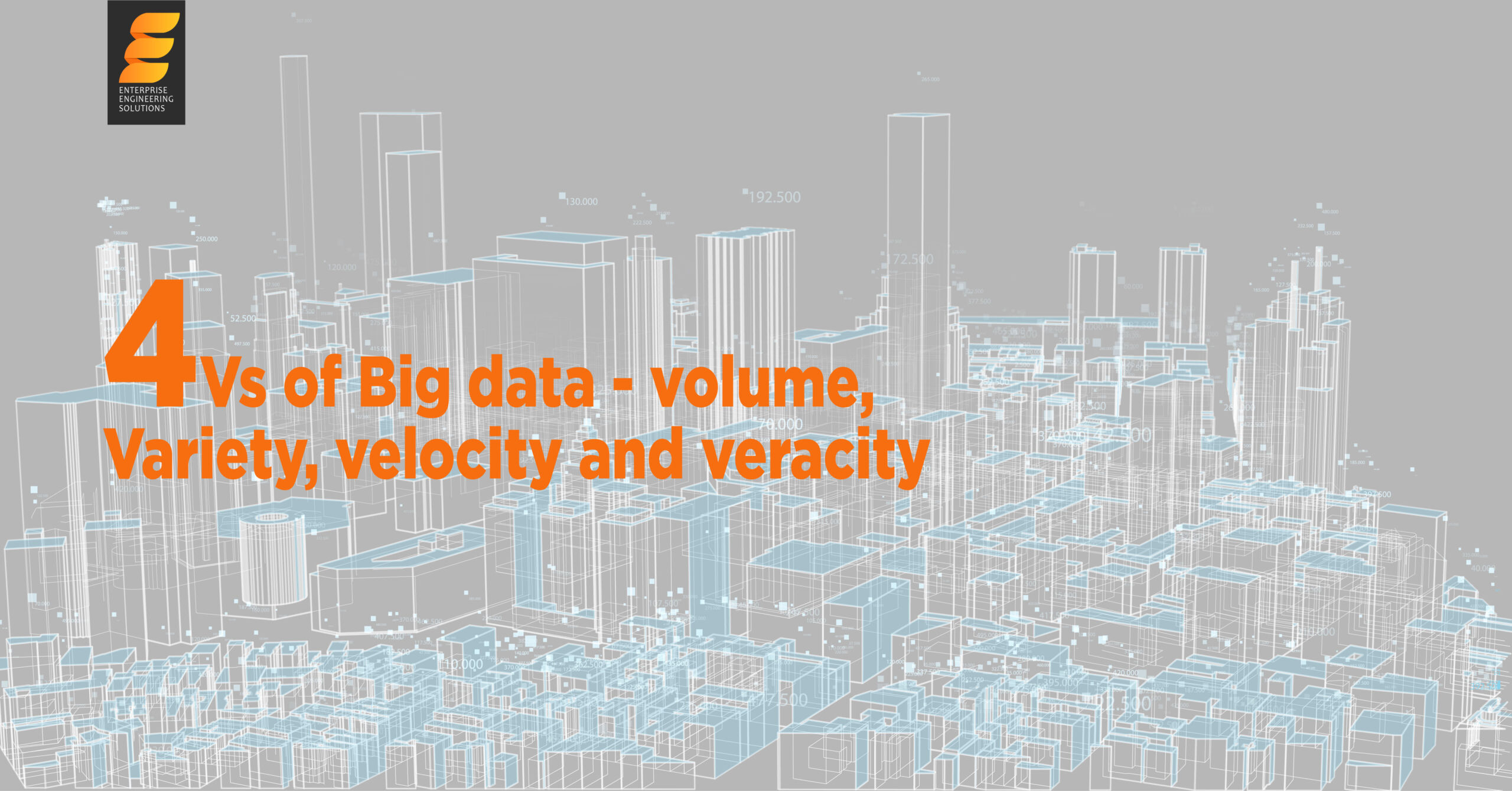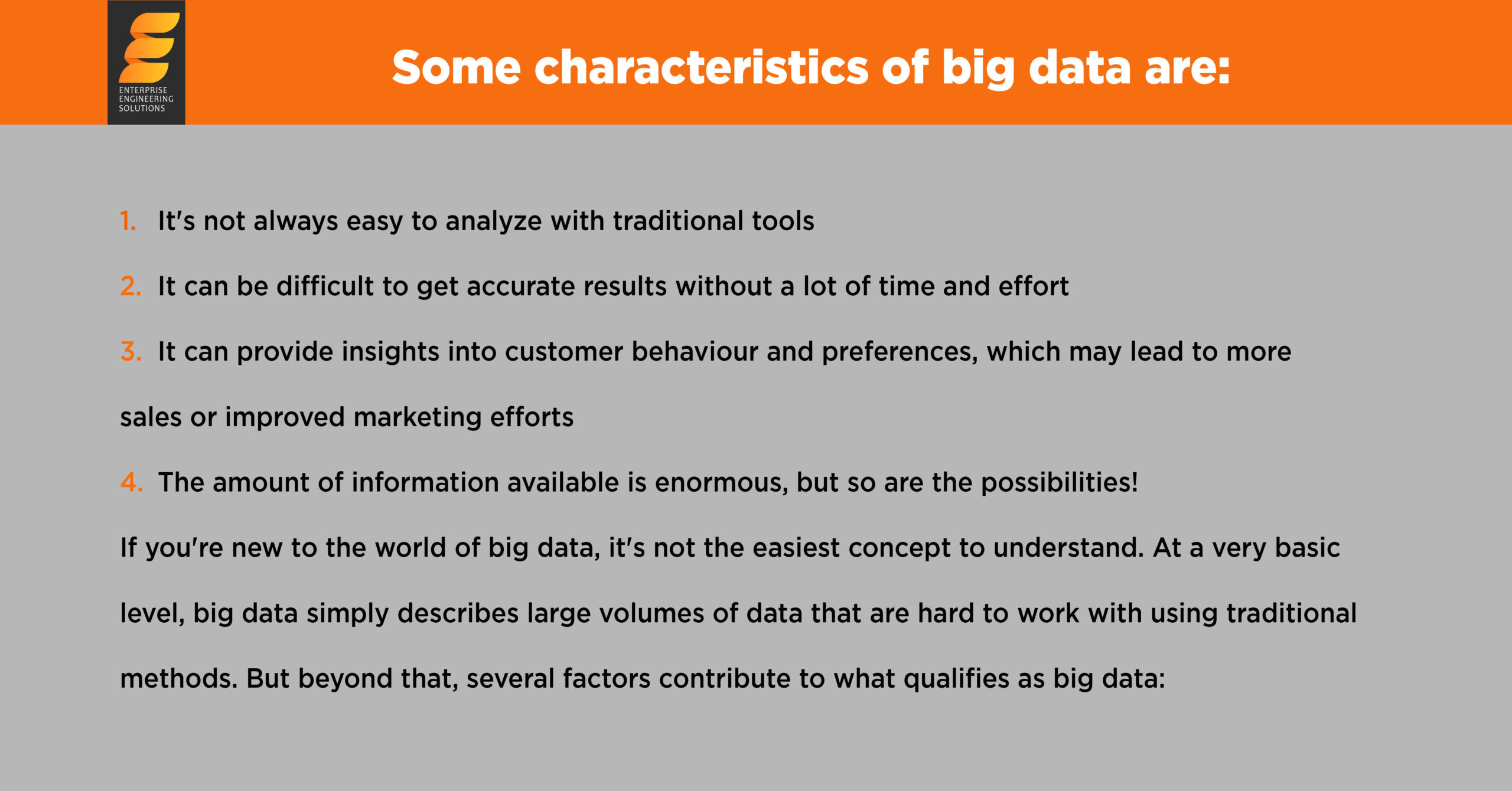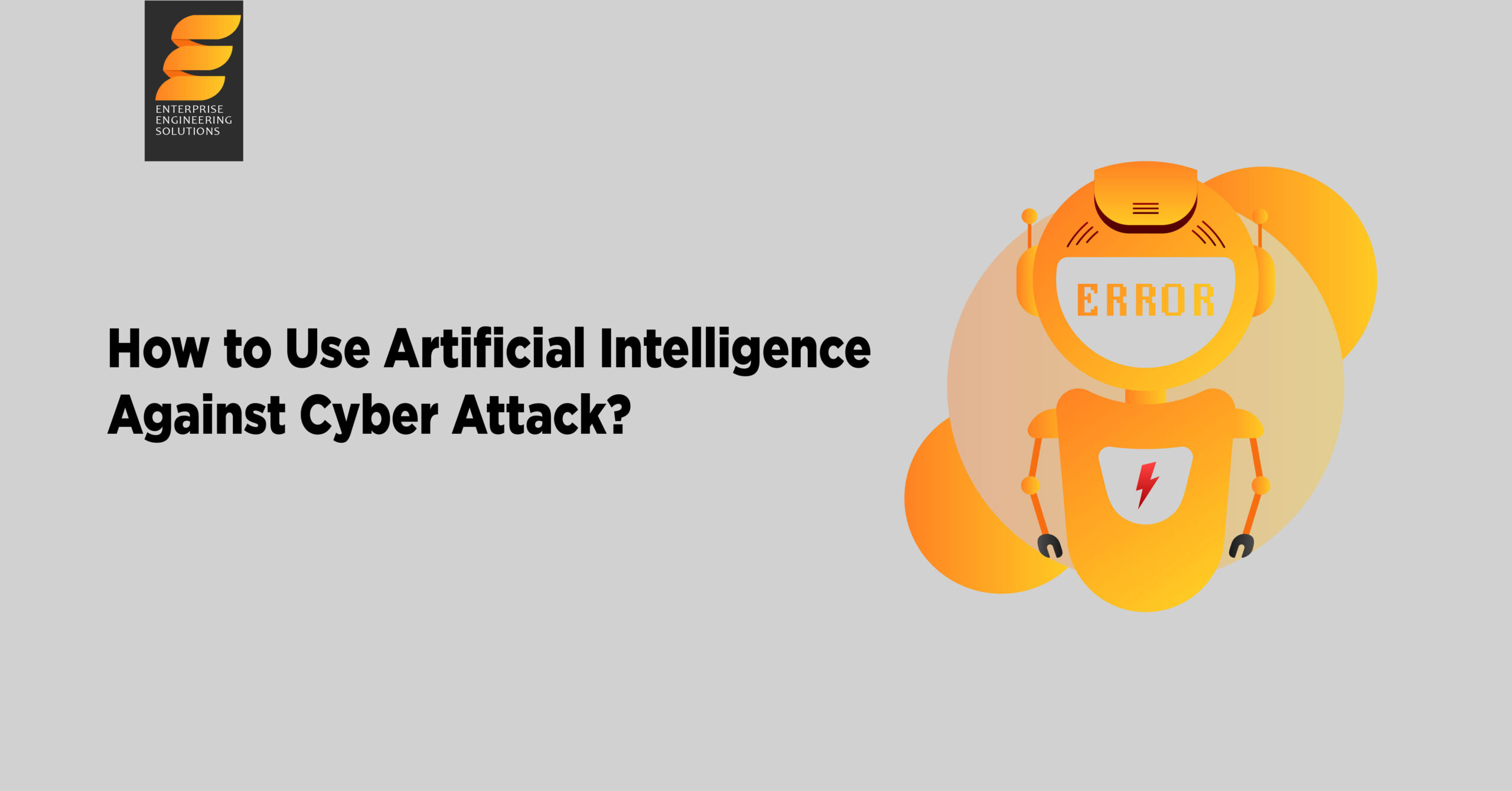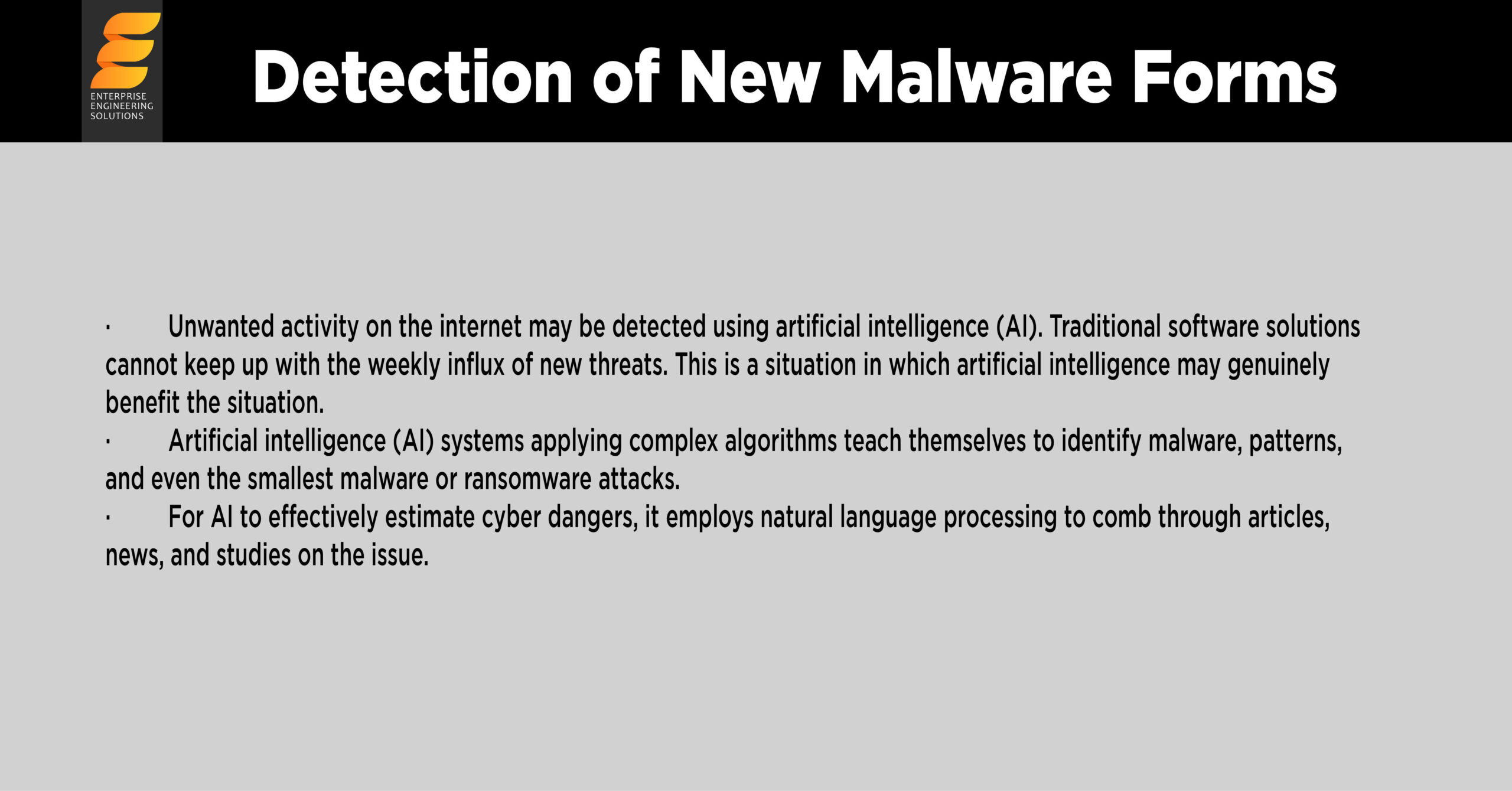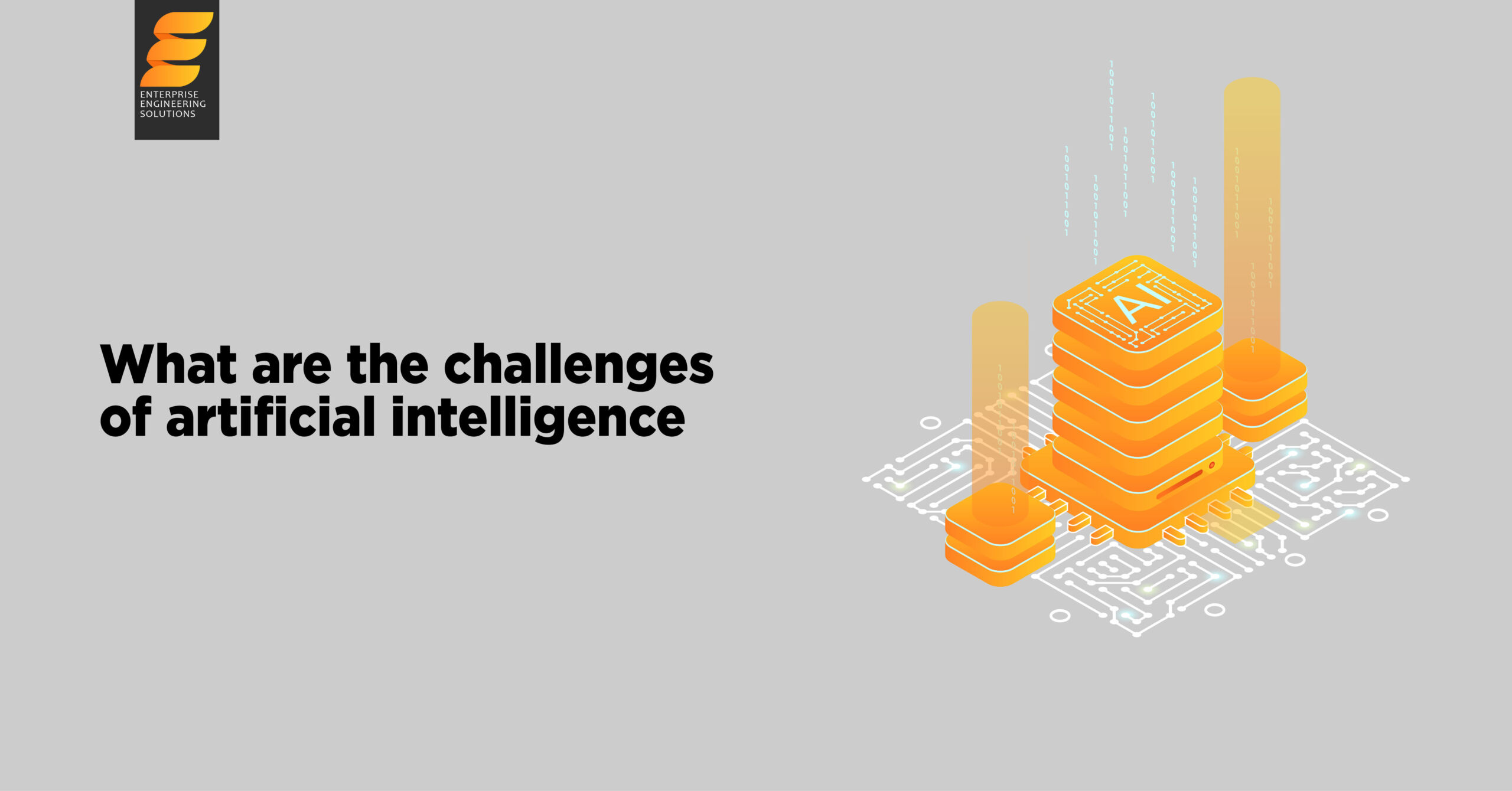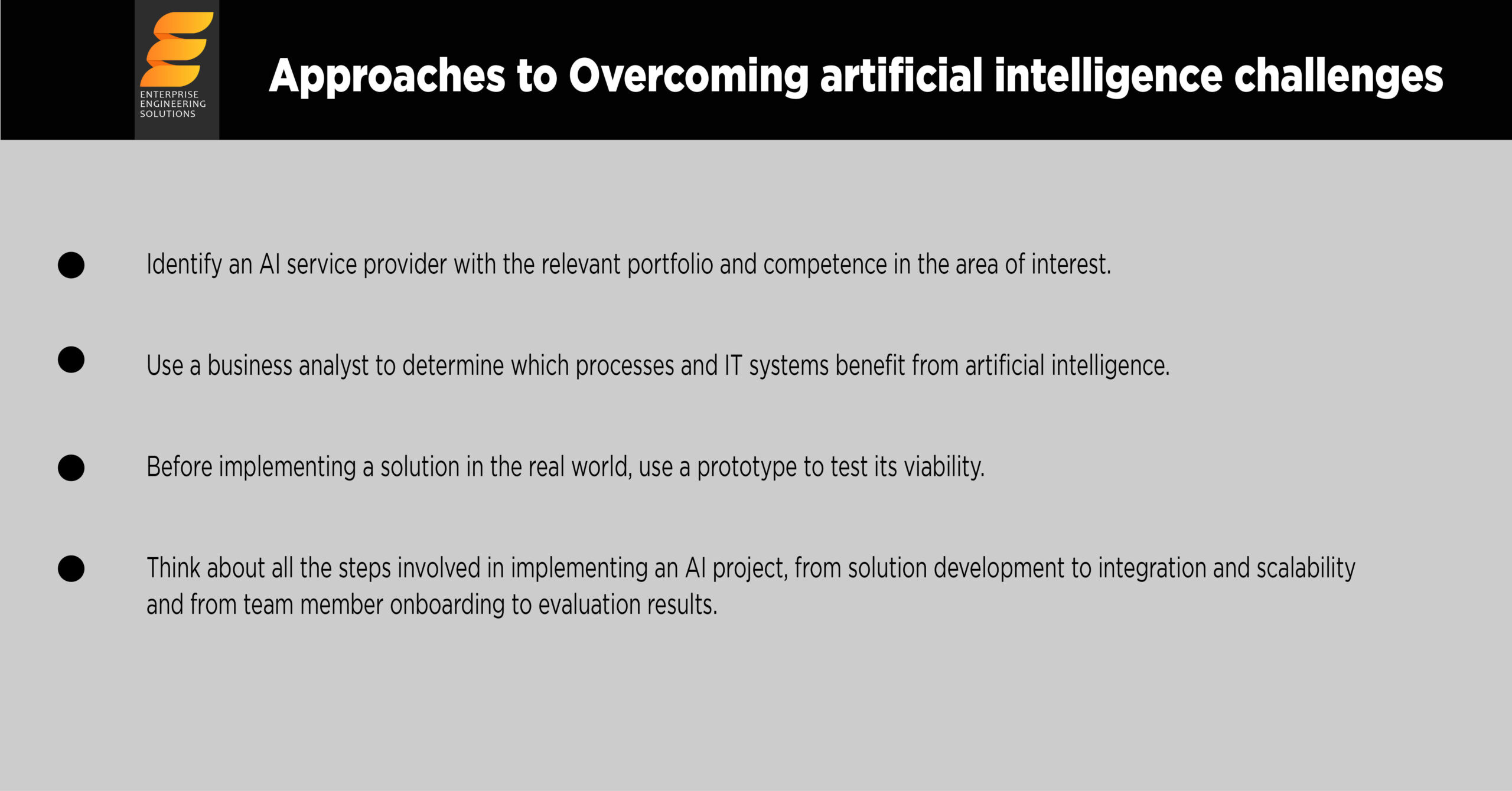Machine learning is a technique that enables businesses to extract useful information from large amounts of data. Machine learning algorithms can repeatedly learn from a provided data set, comprehend patterns, behaviours, etc. This process is iterative and constantly improving, which helps firms stay on top of changing business and customer needs.
Furthermore, because all leading cloud providers provide ML platforms, it’s simpler to design or incorporate AI into current business processes. Following business benefits of machine learning can be used in a wide range of commercial scenarios. The principal use of this technology replaces manual operation.
All firms are implementing machine learning to improve their growth and performance.
Predictive Maintenance
Manufacturing companies can implement procedures that make their operations more efficient and cost-effective with this type of upkeep. Previous and real-time data are utilized to predict problems and track the tactics employed to solve them. Unsupervised learning algorithms play a significant role in obtaining valuable insights while avoiding errors and associated dangers.
The predictive maintenance market will expand flexibly as workflow visualization technologies promise to save unnecessary costs. Besides, businesses can now consider providing business benefits of machine learning because the resources can be linked to reduced criticalities.
Real-time Business Decision
Business analysts collect information online and provide it to businesses!
Companies will have access to large amounts of data in this manner. However, extracting the relevant data and choosing from it isn’t easy. Machine Learning consulting can assist you in achieving better results in your organization. As we all know, machine learning makes use of machine learning algorithms. It examines existing facts and attempts to comprehend human behavior.
The findings aid companies in making the best decision possible. It enables businesses to turn data into information and valuable insights. This data can be incorporated into day-to-day business operations. The system then automatically evaluates the current business condition and market demands and responds to changes.
Machine learning can assist many organizations with real-time business choices in this way.
Predict Customer Behavior
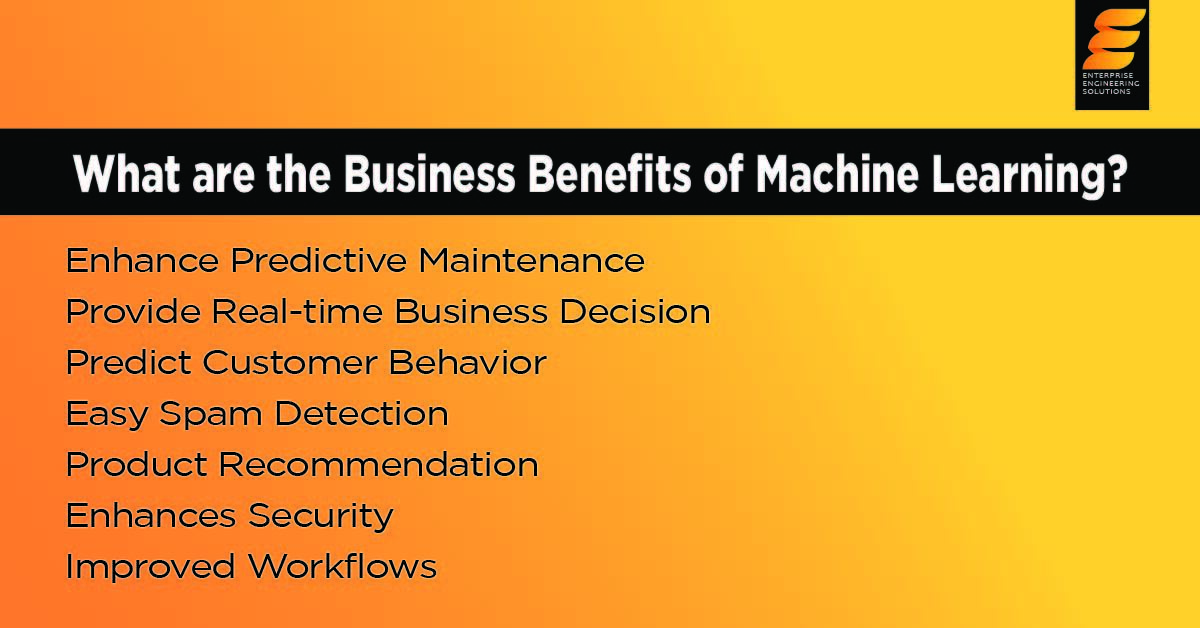
Many businesses utilize machine learning consulting to forecast their clients’ behavior. It includes predictive and prescriptive data to expand the consumer base or provide more personalized services. By analyzing their clients’ behavior, buying patterns, and shopping history, retailers can provide the most customized product or service possible.
They will be able to improve their demand estimates in this manner.
Easy Spam Detection
Spam is a phrase that refers to unsolicited marketing communications sent over the internet. Emails like these could be phishing or simply troublesome for the recipients. In some cases, it can slow down PC performance.
Artificial Intelligence (AI) solved this problem a few years ago by providing spam-filtering algorithms based on rules. Email service providers started this. Machine learning has been used to detect spam for a long time. Email service providers previously relied on pre-existing rule-based solutions to filter out spam. On the other hand, spam filters are already developing new rules for phishing emails and detecting spam using neural networks.
Product Recommendation
Product recommendations are critical to a successful marketing strategy and profitable sales. The role of ML is to analyze human behavior and purchase history to identify products that clients are more interested in depending on their study.
It detects underlying correlations among the products and finds related products in categories and clusters using the Artificial Intelligence algorithm. An uncontrolled learning process is what it’s termed.
This way, you may recommend things to your users and increase your company’s sales.
Enhances Security
Cybersecurity and system intrusions are two critical factors limiting an organization’s growth ability. Every company tries to create a network security wall and takes the necessary steps.
Furthermore, machine learning assists you in analyzing network behavior and automatically executing procedures to prevent it. The machine learning algorithm adjusts to changes and eliminates the need for manual investigation and analysis. You can strengthen your cybersecurity and gain security insights this way.
Improved Workflows
Machine learning is all about combining data from various sources to address business challenges. Evaluating vast amounts of data allows firms to get trend-based insights. As a result, organizations use data to understand better and service their customers’ demands, optimize workflows and improve workload management, and eliminate ineffective practices.
We can safely say that ML is the most effective and necessary technology for boosting corporate growth and reducing errors. When it comes to data-related tasks, machine learning plays a critical role. It also assists business owners in running their companies successfully.
Final Verdict
Machine learning is crucial if you want to take your company to the ultimate stage. However, we are already reaping the benefits of machine learning without even realizing it. By integrating machine learning, any company may enhance its sales and profits. Above mentioned business benefits of machine learning show that AI is appropriate for all types of businesses, small or large.

